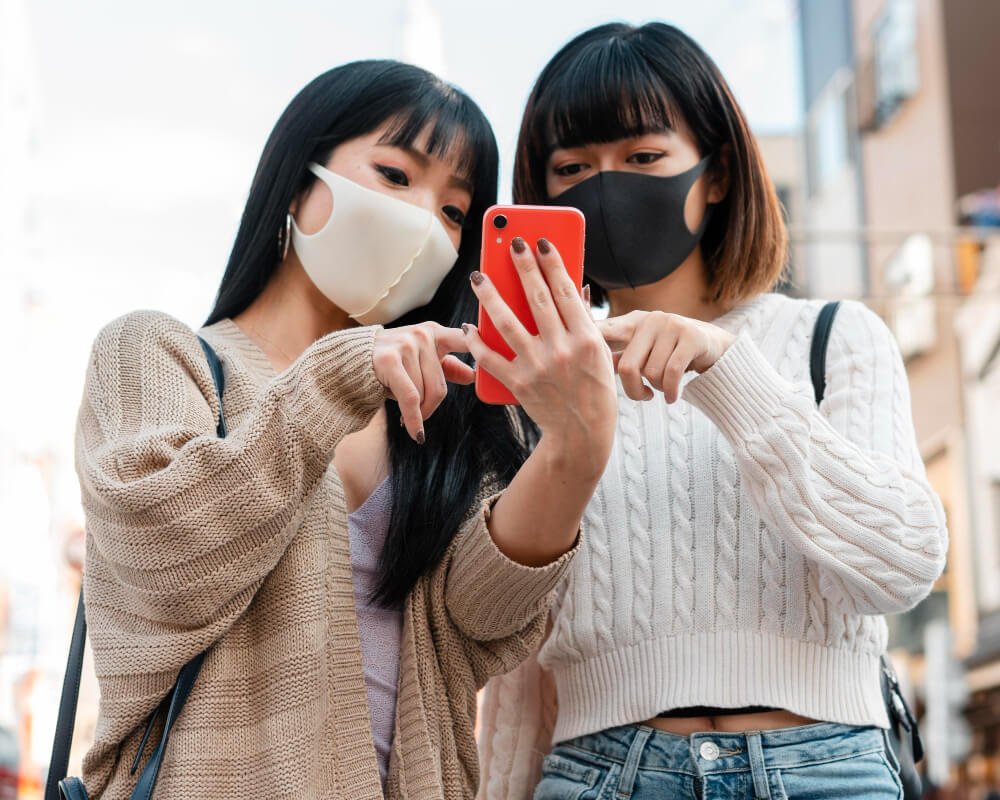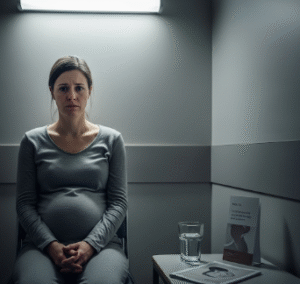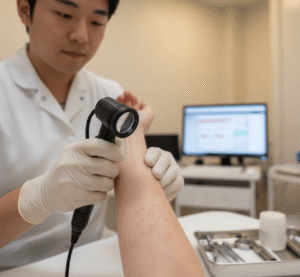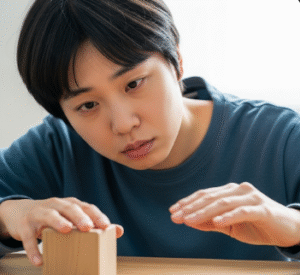In South Korea, social media plays a major role in the daily lives of young people. From communication to entertainment, platforms like Instagram, TikTok, and YouTube have become central to how Korean youth express themselves and connect with others. However, growing research and public concern show that excessive or unhealthy use of social media can negatively affect mental health—especially among teenagers. Korea is now taking serious steps to address these issues through education, awareness, and policy reform.
The Reality of Social Media Use Among Korean Youth
Korean teens are among the most digitally connected in the world. Surveys show that the majority of students spend several hours daily online, often on social platforms. While this connectivity provides opportunities for creativity, self-expression, and community building, it also exposes young users to risks such as cyberbullying, comparison, anxiety, and digital addiction.
Studies conducted by Korean researchers reveal clear patterns:
- Excessive social media use is linked to higher levels of depression, anxiety, and stress.
- Passive use (just scrolling and viewing) tends to worsen mood more than active use (posting or interacting).
- Smartphone overdependence is strongly associated with feelings of loneliness and poor emotional regulation.
- Sleep disruption from late-night screen use contributes to irritability and fatigue.
While not all social media use is harmful, the combination of high screen time, academic pressure, and social comparison has made youth mental health a pressing concern.
How Social Media Can Harm Mental Health
➤ 1. Social Comparison and Low Self-Esteem
Young Koreans often compare their lives with the “perfect” images shared online. Seeing filtered photos, luxury lifestyles, and constant achievements can create unrealistic expectations and lower self-worth.
➤ 2. Cyberbullying and Harassment
Online bullying is one of the most damaging aspects of youth social media use in Korea. Negative comments, rumor spreading, and exclusion in group chats can lead to emotional trauma and long-term distress.
➤ 3. Fear of Missing Out (FOMO)
The pressure to stay constantly updated can cause anxiety. Many teenagers report checking their phones every few minutes to ensure they don’t miss posts or messages, creating cycles of tension and dependency.
➤ 4. Sleep Problems and Fatigue
Blue light exposure and late-night scrolling interfere with sleep. Poor rest then worsens concentration, mood stability, and overall mental health.
➤ 5. Emotional Isolation
Despite constant online interaction, many youths experience loneliness because digital contact often lacks real emotional connection. Excessive screen time replaces meaningful, face-to-face socialization.
➤ 6. Addictive Behaviors
Social media can trigger dopamine cycles similar to addiction. Notifications, likes, and shares reinforce compulsive checking behavior, making it hard for young users to disconnect.
What Korea Is Doing to Address the Problem
School-Based Regulations
Starting in 2025, Korean schools will ban smartphones during class hours to reduce distractions and compulsive checking. The policy aims to help students regain focus and reduce anxiety caused by constant notifications.
Mental Health Screenings and Counseling
Schools are expanding mental health programs, including counseling centers and early screening for emotional issues linked to online behavior. Students showing high stress or isolation are referred to professionals for follow-up support.
Digital Wellness Education
New programs are teaching “digital literacy”—how to use social media mindfully, recognize harmful content, and balance online and offline life. Lessons focus on understanding algorithms, online empathy, and the emotional effects of comparison.
Public Awareness Campaigns
Government agencies and NGOs are launching campaigns encouraging young people to take “digital detox breaks,” highlighting the importance of rest, outdoor activity, and real-world interaction.
Safe Online Communities
Some Korean organizations are developing moderated platforms where youth can talk openly about mental health, art, and hobbies in supportive, non-judgmental environments. These initiatives aim to turn technology into a positive space for healing rather than harm.
Guidance for Youth, Parents, and Schools
For Youth:
- Limit social media time to healthy intervals; set daily usage caps.
- Focus on creating rather than endlessly scrolling.
- Spend time outdoors or with friends offline.
- Avoid checking social media right before bed.
For Parents:
- Talk about emotional well-being instead of just setting restrictions.
- Model healthy tech habits—children imitate parental behavior.
- Encourage screen-free family time and open conversations about online stress.
For Schools:
- Include mental health education as part of the regular curriculum.
- Provide safe spaces where students can discuss pressures they feel from social media.
- Partner with professionals to train teachers on identifying digital-related stress.
Moving Toward a Healthier Digital Culture
Social media will continue to be part of Korean youth culture, but the country is recognizing the importance of balance. Through a combination of education, regulation, and family support, Korea aims to help young people use technology without letting it dominate their mental well-being.













